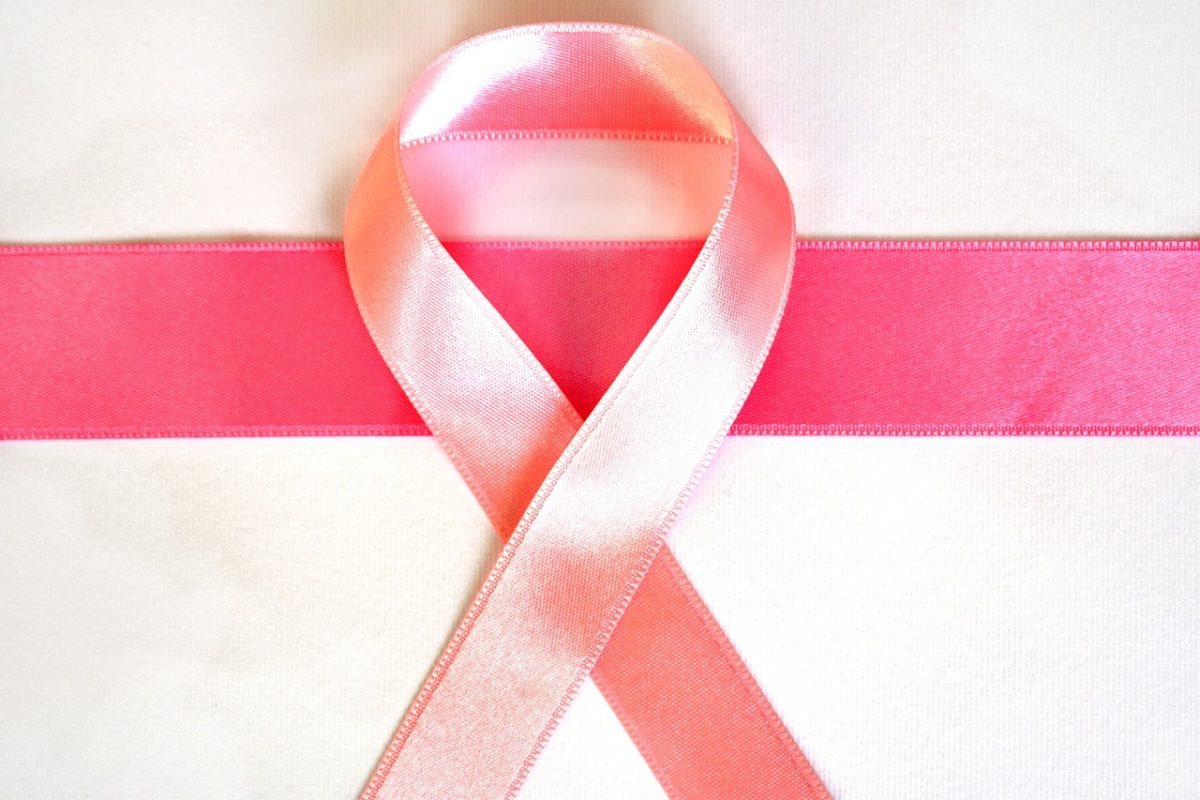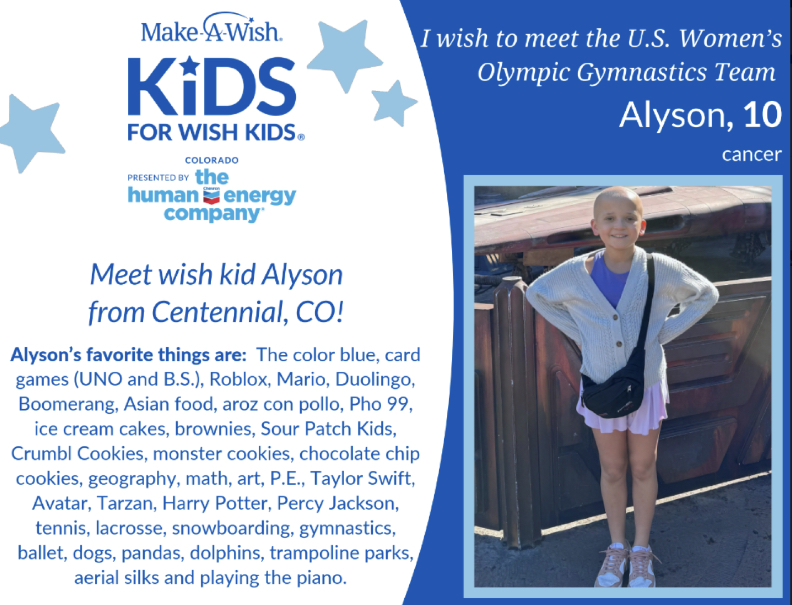BREAST CANCER AWARENESS MONTH
OCTOBER 1-OCTOBER 31
While nutrition alone can’t prevent or cure breast cancer, making mindful dietary choices can reduce risk factors or support overall breast health. Here are some tips to consider
- Plant-Based Power: Embrace a plant-based diet rich in fruits, vegetables, and legumes. These foods are packed with antioxidants and phytonutrients that can help protect your cells.
- Lean Protein: Choose lean sources of protein like poultry, fish, and plant-based options such as beans. They provide essential amino acids without excessive saturated fat.
- Healthy Fats: Opt for unsaturated fats found in nuts, seeds, avocados, and olive oil. These fats can support inflammation control and overall heart health
- Limit Sugary Drinks: reducing sugary drinks can help maintain a healthy weight, a factor linked to lower breast cancer risk.
- Moderate Alcohol: If you drink alcohol, do so in moderation. Excessive alcohol consumption is associated with an increased risk of breast cancer
- Calcium and Vitamins D: Ensure you are getting enough calcium and vitamin D for strong bones. Plant-based milk, eggs, dark leafy green vegetables, and fatty fish like wild-caught salmon are good resources
- Stay Hydrated: Drink half your body weight in ounces of water throughout the day to maintain overall health and well-being
- Choose Aluminum-Free Deoderant: consider using aluminum-free deodorant. While more research is needed, some studies have suggested a possible link between aluminum in antiperspirants and breast cancer. Opt for safer alternatives to re
- Avoid Soy Consumption: Be mindful of soy consumption. While soy is a source of plant-based protein, some studies have suggested a potential link between high soy consumption and certain breast cancer risks. Opt out of soy consumption.
What is Breast Cancer?
The human body is made of tiny building blocks called cells. Your body creates them, replacing those that die with new ones. Usually, the body creates healthy, normal cells that do just what they’re supposed to do. This includes cells in the breasts, the two rounded areas on the front of the chest.
But if a cell changes into an abnormal, sometimes harmful form, it can divide quickly over and over again without dying, making many, many copies of itself. When this happens, a tumor, abnormal body cells grouped together in the form of a mass or lump, can start to form and grow.
Breast cancer is a kind of tumor that develops in the cells of a person’s breast.
A Safer, Better Option Treatment Option for Some Younger Women with Breast Cancer
The initial treatment used for some younger women with an aggressive form of breast cancer may be about to change, based on the results of a new clinical trial.
In the trial, the combination of the targeted drug ribociclib (Kisqali) and hormone therapy was much better at halting the growth of aggressive tumors that have spread in the body than standard treatment with a combination of chemotherapy drugs.
Women who received the ribociclib–hormone therapy combination lived for twice as long without their cancer getting worse, a measure called progression-free survival. They also had far fewer side effects.
Rapid Response
The most common type of breast cancer, called estrogen receptor (ER) positive, HER2-negative breast cancer, is often found early and usually responds well to treatment. More than 90% of women who receive standard treatment will be alive without a recurrence of their cancer 5 years later.
However, a small proportion of patients will have a disease that spreads rapidly to the bones, liver, lungs, and other organs, causing symptoms or affecting organ function.
When cancer in an organ affects its ability to function, that is called a visceral crisis.
Breast Cancer is a good thing to know more about to avoid the risks and prevent some of it from happening. Although there is no cure for breast cancer and possibly there could never be one, it is always one of those things you want to know more about!












